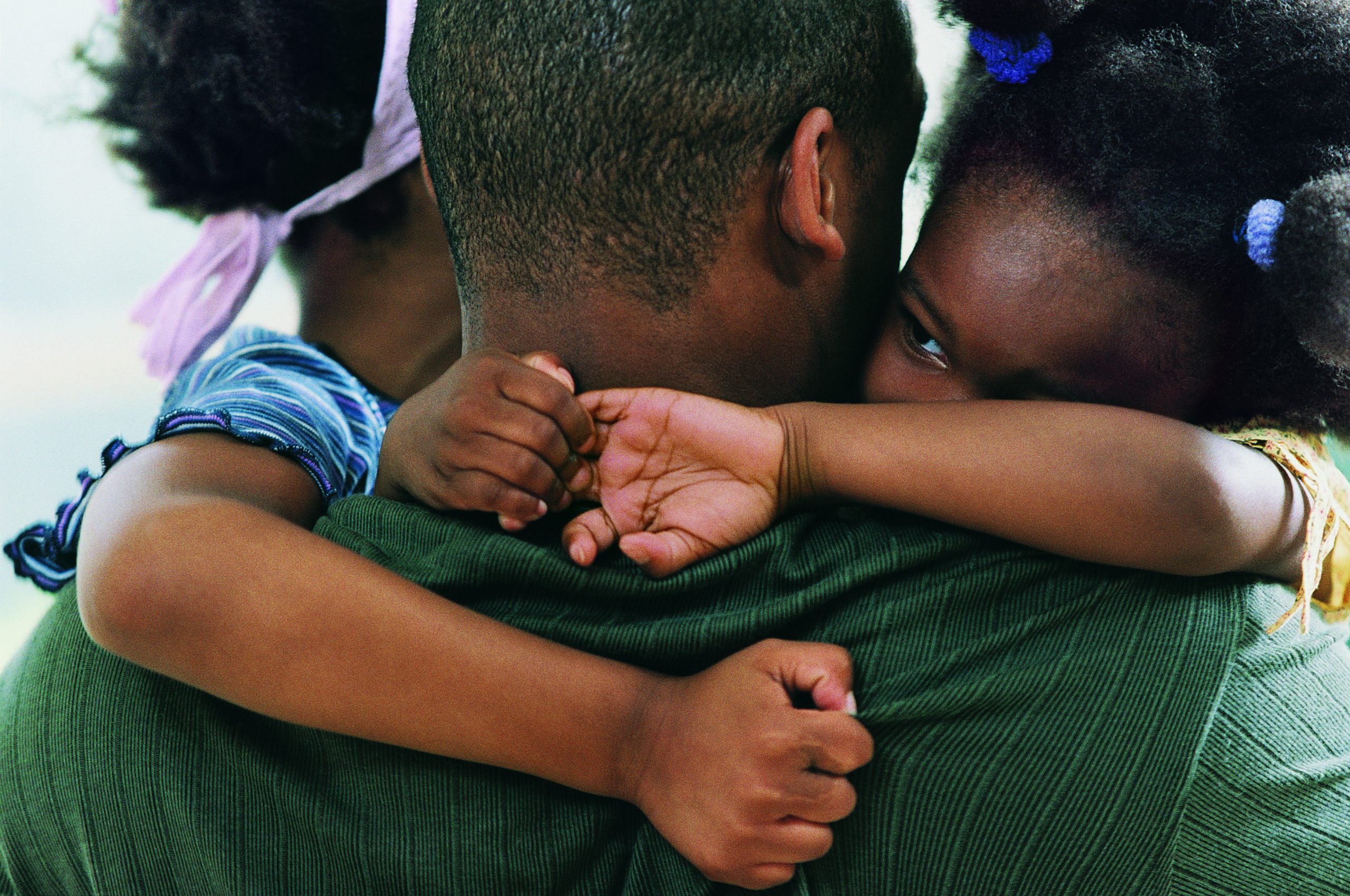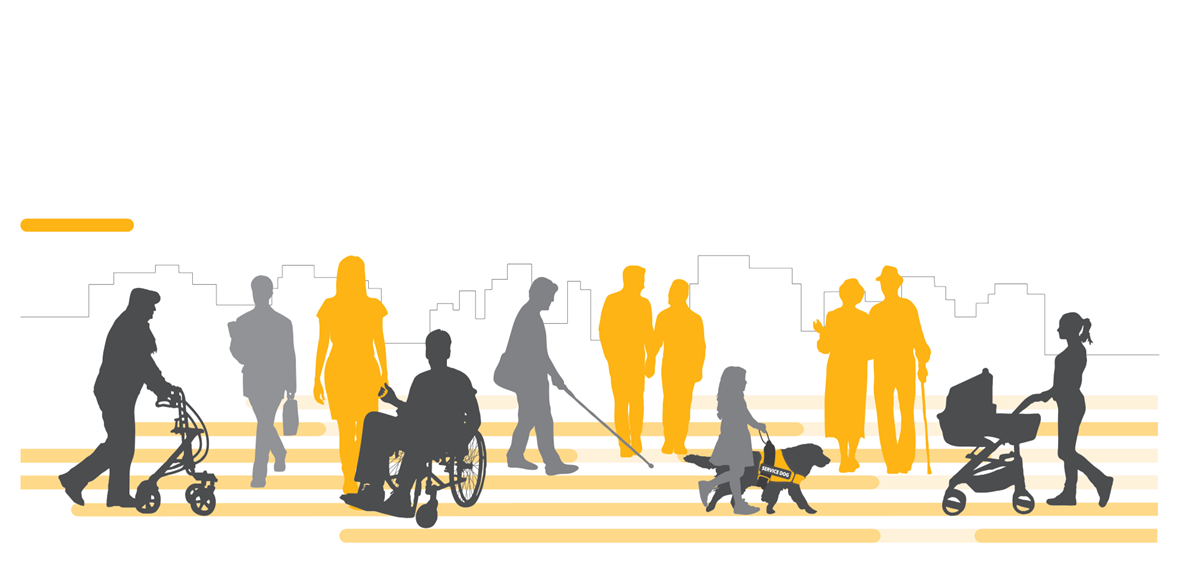
New Funding Model For First Nations Jurisdiction over Child and Family Services
On this page:
Overview
Who: The Ministry of Children and Family Development
What: Co-developing a B.C.-specific funding model to support and move forward with First Nations jurisdiction over child and family services
Where: Province-wide
Why: To support First Nations to effectively exercise jurisdiction over child and family services
How: Online, in-person, written submissions
Engagement summary
B.C. is committed to reducing the number of First Nations, Inuit, and Métis children in B.C.’s child welfare system and supporting First Nations in resuming their jurisdiction over child and family services. The Declaration on the Rights of Indigenous Peoples Act Action Plan commits the Ministry of Children and Family Development (MCFD) to co-develop a B.C. specific fiscal framework in partnership with First Nations, Métis and Inuit, and in consultation with key Indigenous organizations, to support and move forward with jurisdiction over child and family services (Action 4.16).
To further these commitments, MCFD wants to engage rights holders and Indigenous partners in co-developing a funding model that is transparent, equitable, and is responsive to the needs of First Nations and other Indigenous communities.
MCFD drafted an initial discussion paper to support this co-development. Between September 2023 and June, MCFD engaged in a co-development process that explored what type of funding model would best support jurisdiction for child and family services regardless of the path taken.
Co-development included outreach to all 204 B.C. First Nations and other Indigenous partners, ongoing engagement sessions and written feedback.
The co-development timeline and process emerged as a central theme during the initial engagements, resulting in a shift to both the approach and the timelines. During those engagements, MCFD committed to releasing an Interim What We Heard Report. This Interim What We Heard Report summarizes the engagement process and feedback received and reflects the diverse range of feedback received to-date on how a funding model could support Indigenous jurisdiction.
MCFD aims to complete co-development of the jurisdiction funding model in early 2025 and release a Final What We Heard Report. MCFD will continue to use an engagement and co-development approach that:
- Acknowledges the specific rights, interests, priorities, and concerns of rights holders and Indigenous partners
- Respects distinct and unique cultures, histories, rights, laws, and governments
- Includes different approaches or actions that are responsive to distinct interests and perspectives
The co-development of this funding model is part of a broader commitment by the Province of B.C. and the federal government to support First Nations resuming jurisdiction over child and family services. The aim is to create a system based on the principles of self-determination, reconciliation, and cultural safety, prioritizing keeping Indigenous families together and providing culturally appropriate services and support based on local history and tradition.
MCFD acknowledges that not everyone is on the same path or seeking to exercise jurisdiction. This process will look to hear about what funding model considerations would support partners’ distinct visions for increased responsibility or jurisdiction in relation to child and family services.
Further information on the funding model can be found in the above referenced discussion paper posted here: Building a Funding Model to Support First Nations Jurisdiction over Child and Family Services in B.C. – Discussion Paper (PDF, 600KB)
Engagement is open to First Nations and other Indigenous partners in B.C. If you are interested in participating or would like more information about the engagement process, please contact MCF.Partnership.and.Indigenous.Engagement@gov.bc.ca.
Results
This section will be updated continuously. Please check back for regular updates on the ongoing New Funding Model co-development.
Review the feedback gathered so far:
- January 2024 update (PDF, 200KB)
- February 2024 update (PDF, 200KB)
- July 2024 Interim What We Heard Report (PDF, 1MB)






